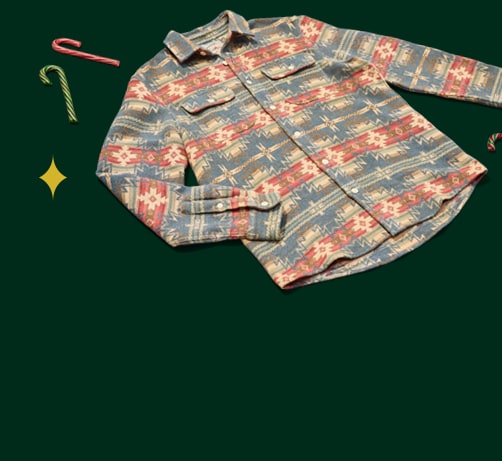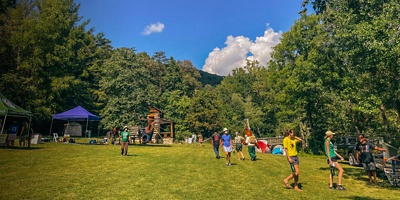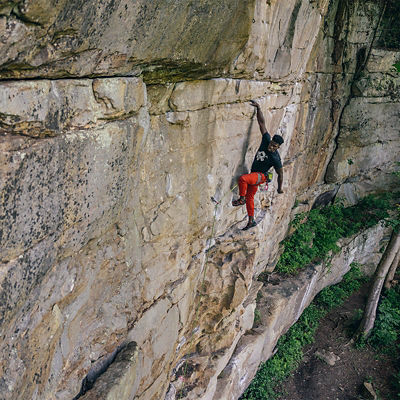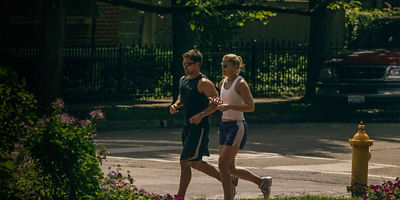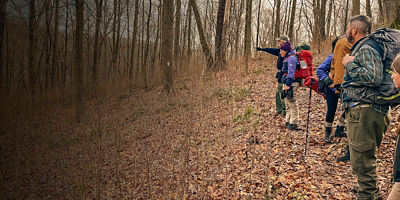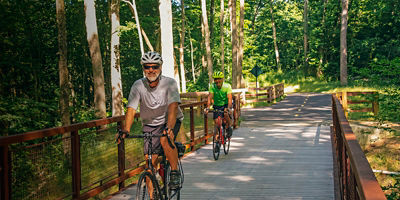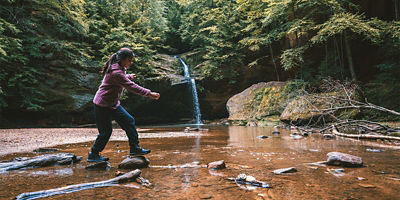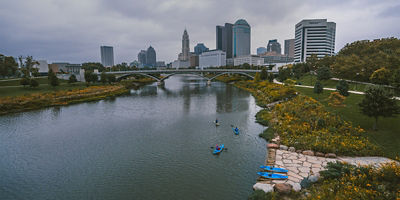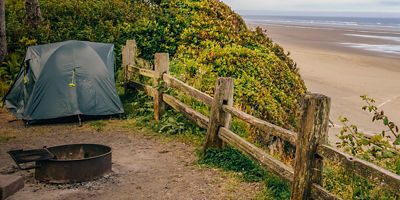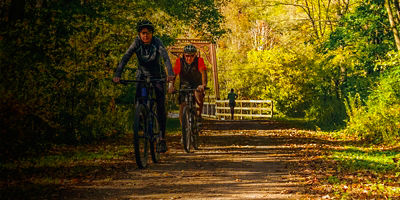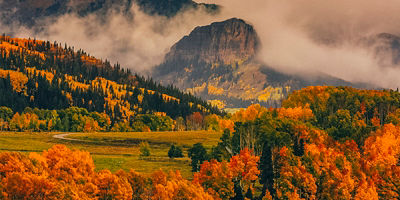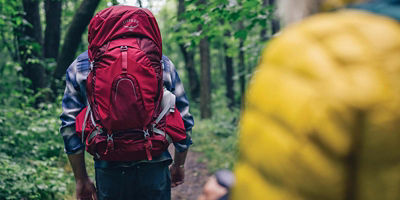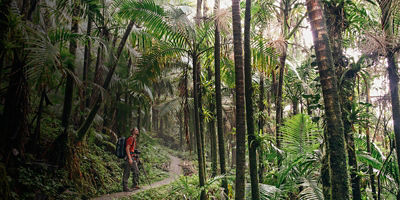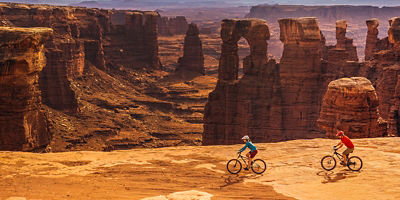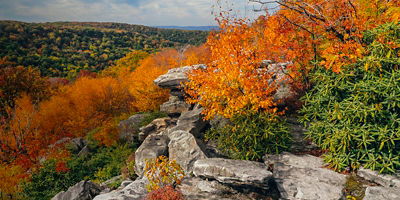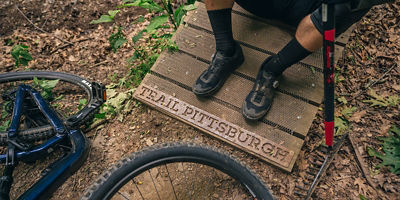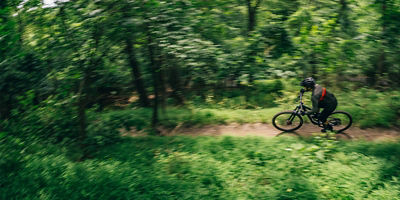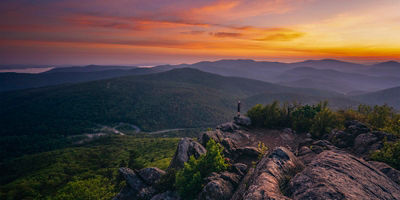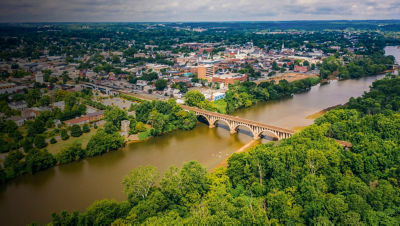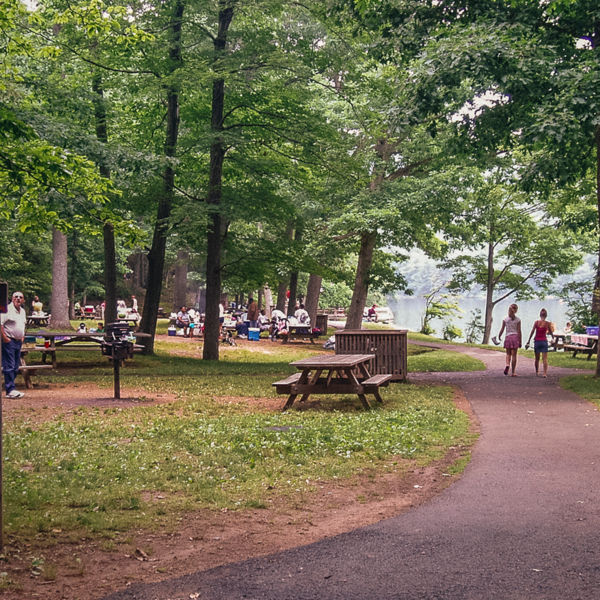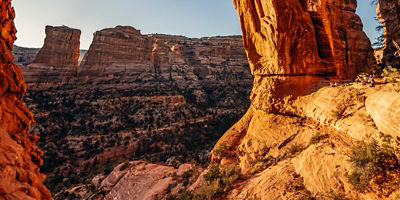
Where Maite Arce grew up, connection to the land was pretty much a given. That was in Ensenada, Mexico, a Baja port town that curls up right against the sea. But when she was 8 years old, Arce’s parents made the bold decision to move to California in hopes of a better economic future. Arce soon saw the wild beaches of her childhood traded for asphalt—and a spark for outdoor access advocacy was born.
Driven to help improve the lives of those in her communities, Arce followed a career into the public sector, spending 20 years working for institutions like the Self Reliance Foundation and the Hispanic Council for Reform and Educational Options.
Then, in 2010, Arce found a home for that spark she discovered amid the California asphalt when she established the Hispanic Access Foundation (HAF), the Washington, D.C- based nonprofit. Among other things, HAF works to connect Latino communities with public lands and outdoor recreation. After all, a deep connection to nature is central to many Latino cultures—and was a part of them long before modern environmental movements ever began.
Over the years, HAF’s efforts to rekindle and celebrate the Latino connection to nature have taken many forms, from supporting youth outdoor trips to sponsoring Virginia’s RioPalooza, a free, bilingual river festival that takes place on the Shenandoah River and its tributaries.
Arce (she/her) sat down with us to explain why these events matter—and why Latinos are poised to become America’s greatest force for conservation advocacy.
Your family moved from Mexico to California when you were young. How did that impact you?
We went from this little coastal community that was about living off the land and the ocean, and moved to a very urban area: Santa Ana, south of Los Angeles. There, our playgrounds were urban blacktops and railroad tracks. Seeing the difference in outdoor access between these places—especially for immigrant communities—was really eye opening.
Why has the Latino community traditionally been left out of the conservation movement?
The Latino community has contributed to the flourishing of this nation in ways big and small. And yet we’ve continually been marginalized and minimized within the American experience.
As the Hispanic Access Foundation has grown and sponsored more outdoor trips and recreation events across the country, members of the conservation movement, media, and even government officials have asked us: Why are Latinos suddenly interested in the outdoors? We keep encountering this deficit mindset. But nature has always been a part of our culture.
We’ve looked into this, and discovered that there’s a lack of research and publishing of data regarding Latinos and their participation in the outdoors.

